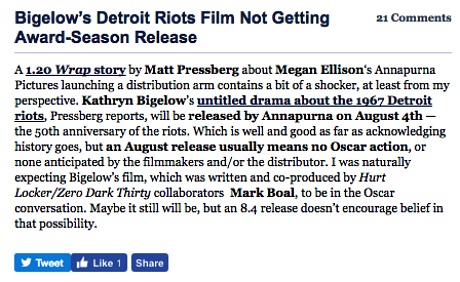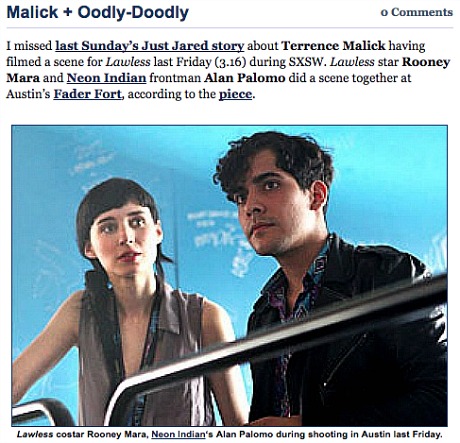Filed by N.Y. Times Coral Davenport earlier today: “Scott Pruitt, the head of the Environmental Protection Agency, said Thursday that carbon dioxide was not a primary contributor to global warming, a statement at odds with the global scientific consensus on climate change.
“Speaking of carbon dioxide, the heat-trapping gas produced by burning fossil fuels, Pruitt told CNBC’s Squawk Box that ‘I think that measuring with precision human activity on the climate is something very challenging to do and there’s tremendous disagreement about the degree of impact, so no, I would not agree that it’s a primary contributor to the global warming that we see.
Just so we’re clear: Pruitt is a shill for the fossil-fuel industry — a kneepad-wearing fellating whore.
“’But we don’t know that yet,’ he added. ‘We need to continue the debate and continue the review and the analysis.”
“Pruitt’s statement is not consistent with scientific research on climate change, including decades of research by federal agencies. His remarks may also put him in conflict with laws and regulations his agency is charged with enforcing.”








